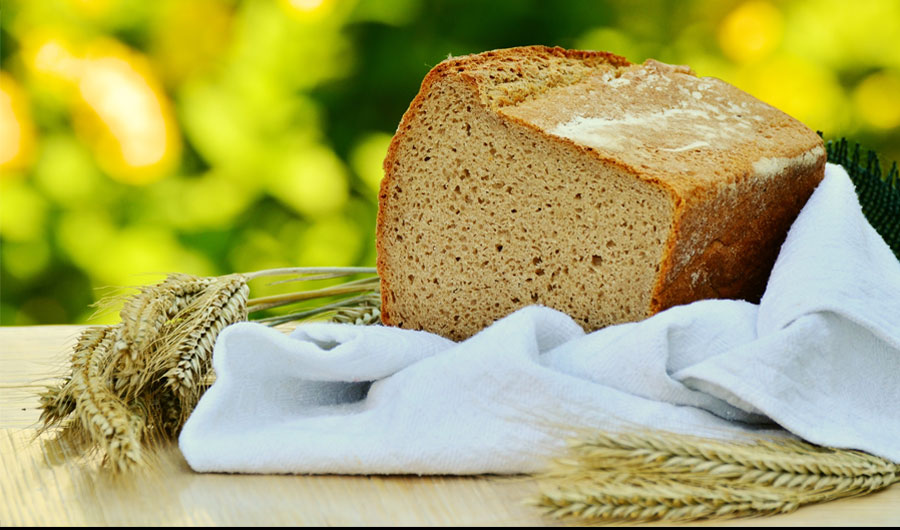Can't Eat Wheat? Blame this Humble Virus

(Inside Science) -- For gluten-intolerant people with celiac disease, viral infections in childhood may be to blame more than the stuff that bread and pasta are made of. Certain viruses can trigger a lasting immune response to harmless food proteins, according to a new study.
Digesting food requires an intricate dance between immune cells and the chemical compounds that make up a meal. At a cellular level, a piece of food is technically a foreign invader, and the body is normally primed to discover and attack invaders. To prevent this and allow digestion, cells in the gut have adapted to recognize food proteins and warn attacking immune cells to back down. But sometimes, this doesn’t work.
In people with celiac, slight genetic mutations cause the immune cells to target the digestive tract itself when it is exposed to gluten, a type of protein found in grains like wheat and rye. This leads to diarrhea, weight loss and discomfort. But only 3 to 4 percent of people with the genetic mutations will develop celiac, so researchers suspect something else is triggering the overactive immune response. Epidemiological studies suggest there’s a connection between viral infections during childhood and development of celiac later in life, but scant experimental evidence connects the two.
To test this idea, Bana Jabri of the University of Chicago and colleagues infected mice with different reoviruses, a family of common viruses that frequently infect humans, animals and plants. The family includes rotavirus, which can cause dangerous diarrhea and vomiting in infants and young children; other reoviruses cause no symptoms at all. Jabri’s team wanted to see whether these viruses would stimulate a protective immune response in the mice, and whether it would persist.
The team gave mice a reovirus known to infect the intestine and another that normally can't infect the intestine, but was genetically engineered to do so. Both strains interfered with the function of cells in the mice’s gut lining, which changed the way they responded to food. Jabri's team then infected mice with the celiac-causing genetic mutations, and found the viruses changed the function of cells in a manner that set the stage for developing celiac. Cells that would normally ward off immune attackers lost this ability, and instead led to an immune response that resembled an infection. The team then studied people with celiac disease to see if they still had antibodies to similar reoviruses. People with celiac tended to have higher antibody counts, evidence of a past viral infection.
The research is published in the April 7 issue of the journal Science.
The work shows that viruses -- even relatively benign ones that don’t cause serious symptoms -- can lead to later food sensitivities, according to Elena Verdu and Alberto Caminero of McMaster University in Hamilton, Canada, who were not involved in the work and wrote a commentary about the study for Science. Further research will be needed to determine how the timing of infections affects development of celiac, and whether other food allergies and autoimmune disorders develop in a similar manner. The study also raises the possibility that vaccines could be developed to guard against reoviruses, and potentially to protect people with the genetic predisposition from developing celiac.
It’s also another example of the complex interactions between our bodies and the microorganisms they encounter. Viruses can leave a mark long after the immune system has fought them off, forever altering the way our cells behave and respond.

